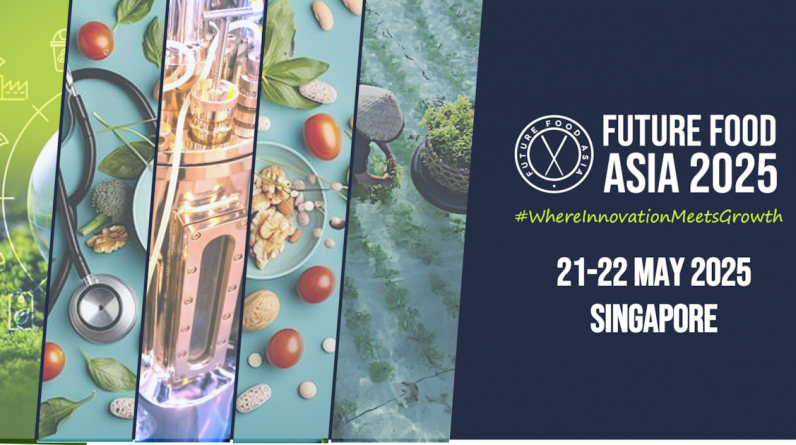
AI has been a buzzword in the Asia Pacific food and agriculture industry for some time now, but in terms of practical application a lot of focus has primarily been on production automation, trendspotting or predictive maintenance.
As the technology evolves and advances, this is set to change and AI is now believed to have the potential to add value to food production in many more facets.
“We are starting to see AI unlock much deeper value across the entire product development lifecycle beyond just automation or consumer insights – it is becoming a true co-pilot in how we design, produce, and optimize food systems,” Future Food Asia 2025 (FFA25) organising firm ID Capital CEO Isabelle Decitre told FoodNavigator-Asia.
“One exciting area is food formulation where AI is being used not just to predict outcomes, but increasingly to reformulate and optimise recipes to help companies develop cleaner labels, better nutrition profiles, or cost-effective alternatives.
“While many current models are predictive, there’s some early momentum toward generative AI that can propose entirely new combinations or solutions.
“It also plays a critical role in optimising processing conditions, allowing manufacturers to tweak time, temperature, or ingredient interactions to maximize efficiency and functionality.
“This is especially clear when working with alternative proteins, where for example companies are using AI to replicate the functionality of animal proteins with plant-based ingredients by optimising both inputs and processing parameters.
“Several major FMCG companies are partnering with AI startups to replicate the sensory and nutritional profiles of animal products using plant ingredients – We’ve seen dairy milk reformulated using cabbage and pineapple compounds, and even AI-designed cheeses that are nearly indistinguishable from traditional dairy.
“Then there is also quality control where AI assesses raw material variability [to] improve consistency and reducing waste. Some companies are even deploying AI platforms akin to ChatGPT to guide ingredient selection or discover functional ingredients based on specific needs, like texture or nutrition.”
Higher up the food chain, AI is also playing a major role in areas like genetics and crop science, a development which has far-reaching implications for food manufacturers.
“AI is helping companies to design better ingredients from the seed up by helping in areas like identifying markers for protein functionality enhancements or genetic modification,” she said.
“What’s particularly interesting is that innovators in this area must work closely with FMCG companies to evaluate potential applications, as this must be done to ultimately create market demand for these optimised crops.
“The theme of FFA25 is based on innovation meeting growth, and AI is going to be crucial to help food firms with both – it empowers food firms to not just keep up with market demand, but to stay ahead of it, scaling innovation while managing risk and reducing resource intensity.”
She also identified China as a ‘clear front-runner’ in terms of anything using AI, whether in agriculture management or food production.
Next major frontiers
In addition to work currently in progress, Decitre believes that there are also many more food and nutrition areas that AI has the potential to do a lot more good in moving forward.
“On the nutrition front, one of the most underexplored but crucial areas is understanding what actually happens to food at the chemical level during processing,” she said.
“There is still a significant gap in our knowledge here of how transformations during cooking or preservation affect texture, aroma, and nutritional value.
“AI can accelerate this understanding by analysing large datasets from food chemistry, helping us model how ingredients behave and interact over time – But for first, we need more foundational research and high-quality data to feed these systems in order for analysis to be effective.”
The need for more data makes this likely to be a role for further down the road, but in the more immediate future there is also potential for Ai to help reduce food wastage.
“One of the most immediate and addressable opportunities today is tackling food waste – AI can help food companies significantly reduce losses across the supply chain, an area with massive environmental, social, and economic upsides,” she added.
“For context, while the global food industry generates US$9.4tn annually, only US$11.5bn in AI investment has been directed toward agrifood tech to date – this is nine times less than in healthcare.
“If we get this right, AI can be a transformative force not just for production efficiency, but for building a more nutritious, equitable, and resilient food system over the coming decades.”
FFA25 will feature a dedicated roundtable to discuss food waste reduction, and the event will also feature several key AI-related discussions across May 21 and 22.








